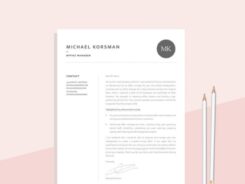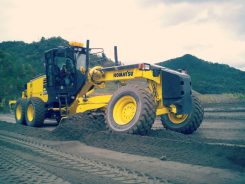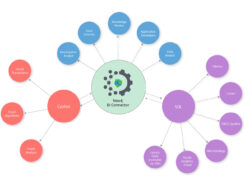The American labor force is experiencing dangerous levels of burnout. This is the conclusion of Gallup’s 2021 State of the Global Workplace, which found up to 57% of American workers are experiencing chronic stress. Burnout can be hard to define; it can be replicated by short stints of stress and disengagement, and can often be countered in simplistic terms with words of encouragement. However, long-term widespread burnout can lead to the collapse of businesses and, potentially, entire industries, leading to huge health and safety incidents.
The dangers
Burnout can create new health and safety risks aside from its own inherent impacts. A study published by the journal of Behavioural Studies found that physician burnout was linked to a range of patient errors. Similar trends can be seen in the manual labor industry, and can be damaging for an employee and a business. Forklift operation is one common area where workers are overburdened, for instance in ecommerce distribution centers. Where accidents happen, a forklift injury lawyer will be able to argue in favor of the injured party if burnout has been created by the employer, raising the risk of litigation issues for a business.
Scale of the problem
Such is the scale and damaging impact of burnout, CNBC have described the problem as a pandemic. With that has come recognition by the World Health Organization as to the occupational nature of burnout – that is, a health risk that must be managed and mitigated by the employer. With these first steps can come real change in addressing the problem.
Employer actions
Employers can play a very active role in managing burnout, according to Inc magazine. This comes in the form of a handful of key principles. Firstly, workloads must be managed appropriately – no one worker should be overburdened. Personal time and offline hours must be encouraged, especially during the working day, for both physical and mental health. Finally, proper support and downtime for well-being must be given. Bringing together these principles will make incremental changes that reduce the chance of burnout – prevention is better than the cure.
If all else fails, proper intervention is needed. In countries including the UK, employers are given the support to provide leave for sickness specifically related to stress. Career breaks are also common. Employers in the US can learn a lot to help mitigate their burnout risks.
















































































